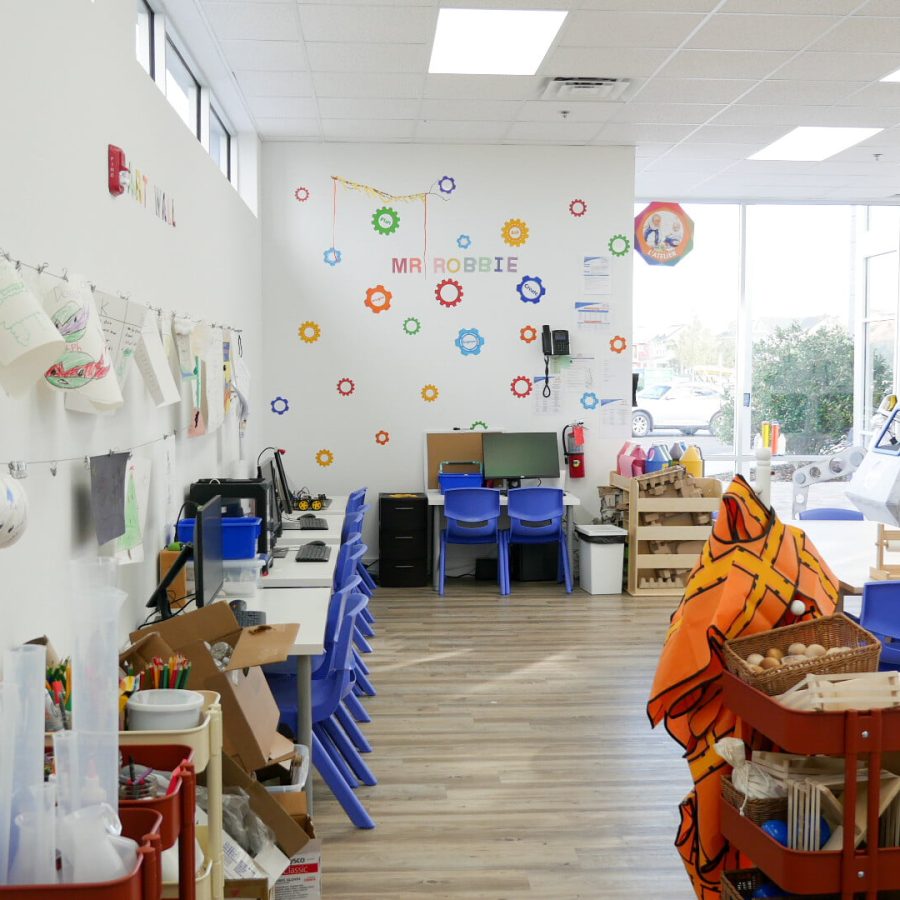Traditional childhood education usually begins at about age 6, when most children are enrolled in first grade. This is when ideas such as the alphabet and reading are first introduced.
But a child’s mind actually starts learning much, much earlier than that. In fact, learning itself actually begins while the child is still in the womb.
Early Learning
Educators use general milestones for measuring children’s learning progress. For example, when most children are aged 4 to 5, they typically start learning how to substitute words in rhyming patterns, writing letters, pronouncing simple words and developing vocabulary.
By the time they begin elementary school, most children learn how to read simple books and have a vocabulary of about 100 common words. They also start to understand that letters represent sounds, the precursor to reading and writing skills.
As they progress through elementary school, they learn more skills, such as reading to learn, writing about their hobbies or home life, and enhancing their reading comprehension.
Accelerating Children’s Learning
Children’s minds are very versatile. Given the right environment, many young children can advance very quickly through these basic elements of learning.
At The Amazing Explorers Academy, children are immersed into a comprehensive learning experience starting from the very first day.
Amazing Explorers challenges children to learn at their own pace, not according to a traditional learning schedule. In many instances, the results can be genuinely amazing.
A Passion for Learning
At Amazing Explorers, children are given more opportunities for development and growth than they typically would receive at a traditional daycare service. We provide much, much more than babysitting.
When children receive the kind of learning opportunities that Amazing Explorers provides, they often can develop a lifelong passion for learning that can sustain them throughout their entire education and into their adult life.


